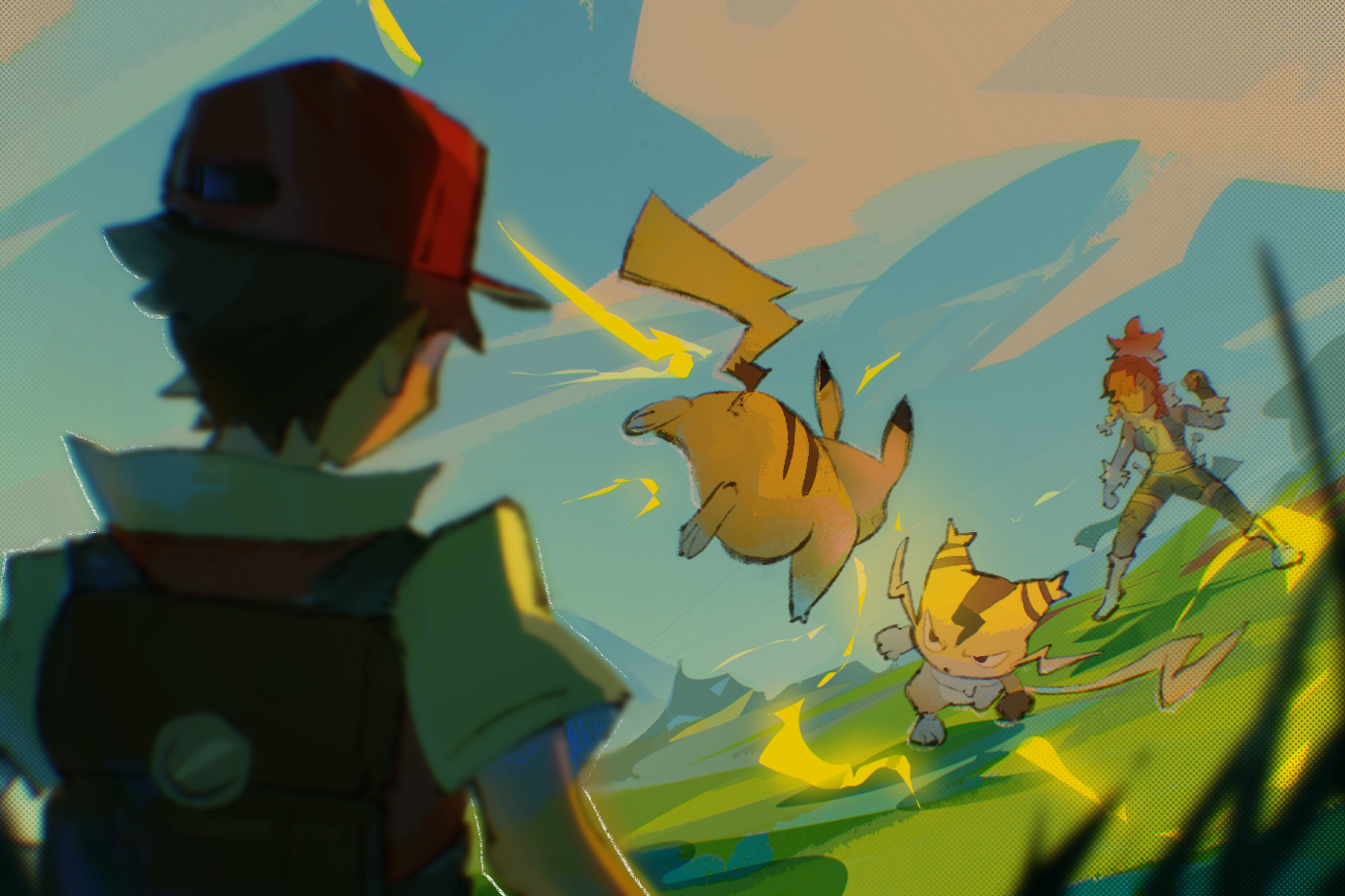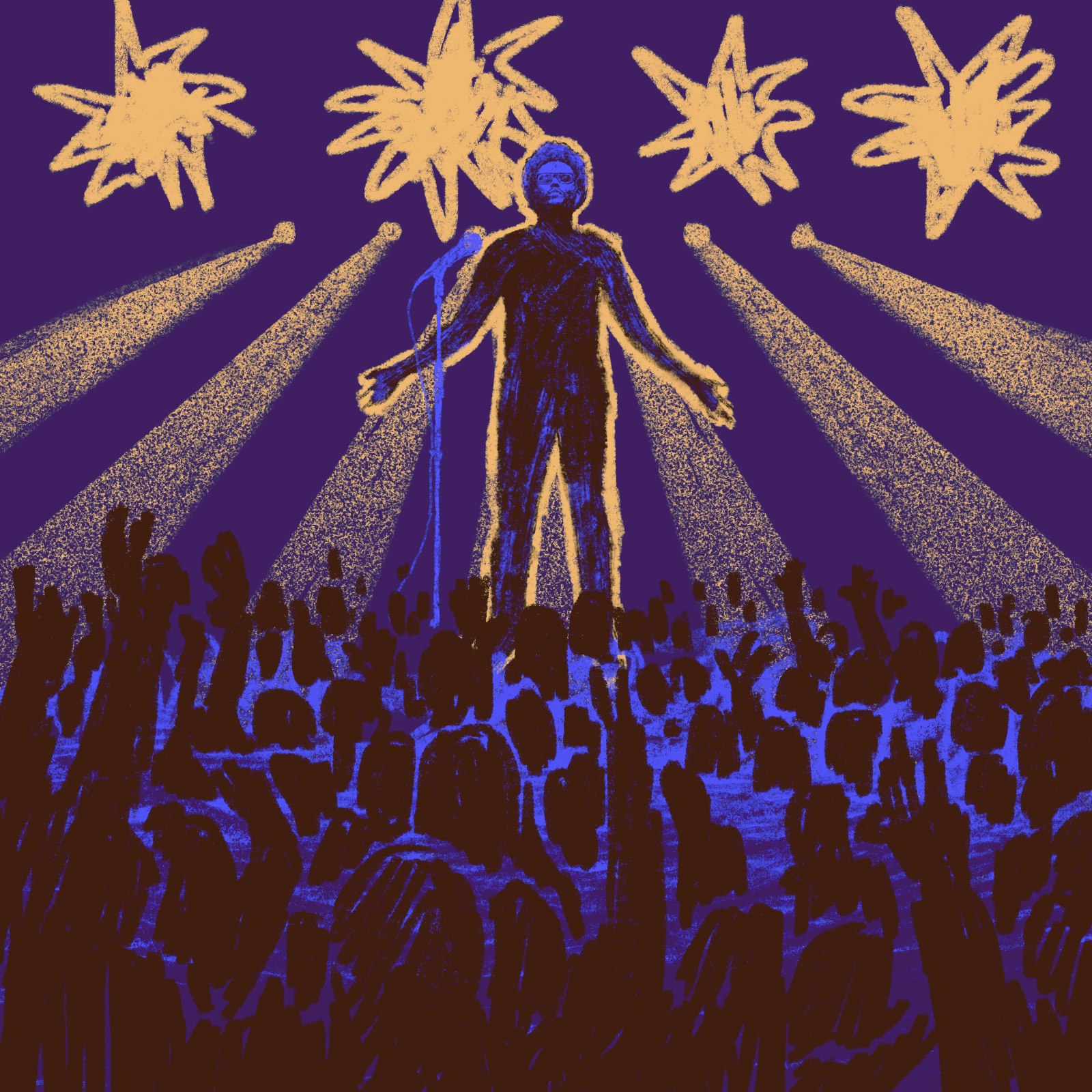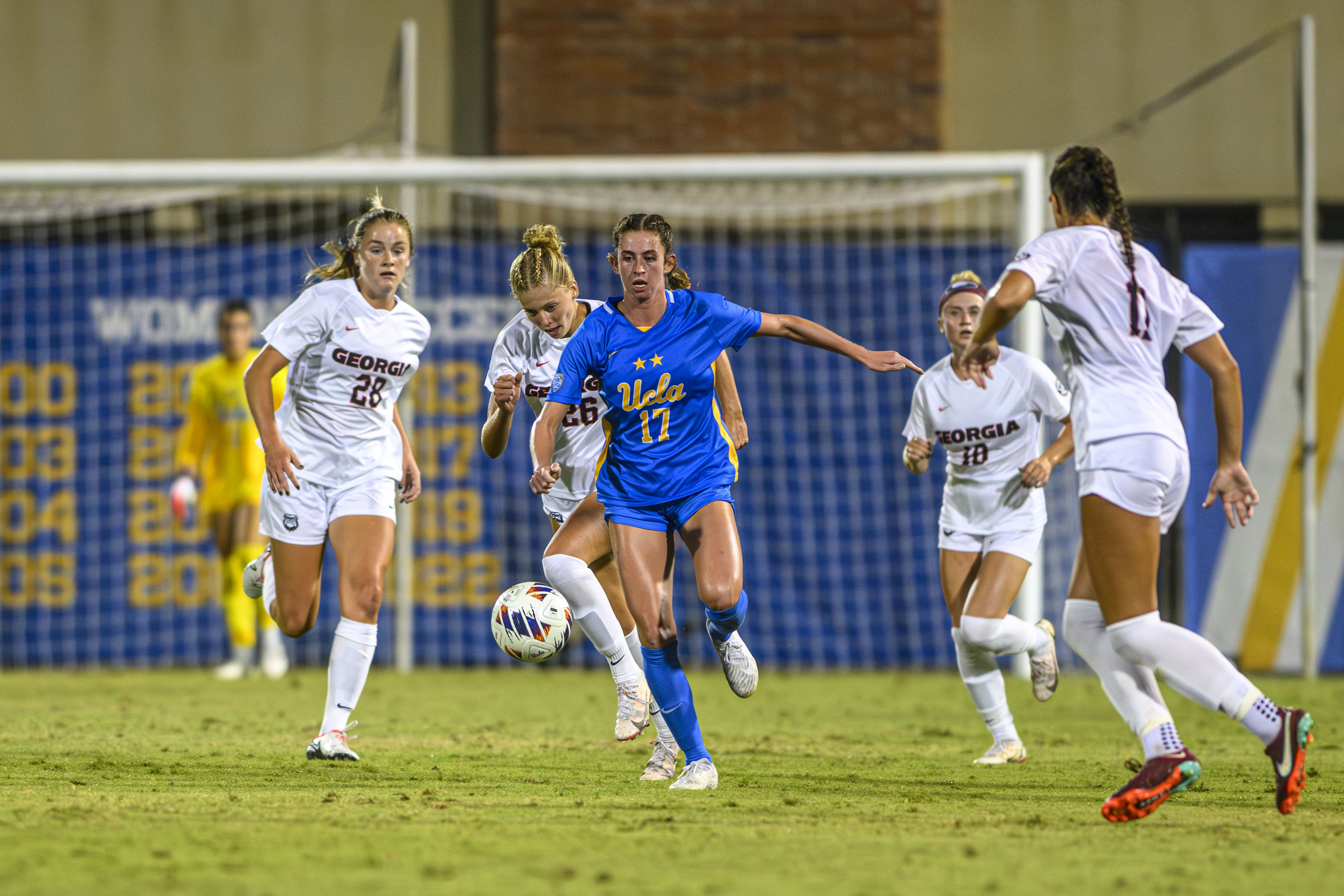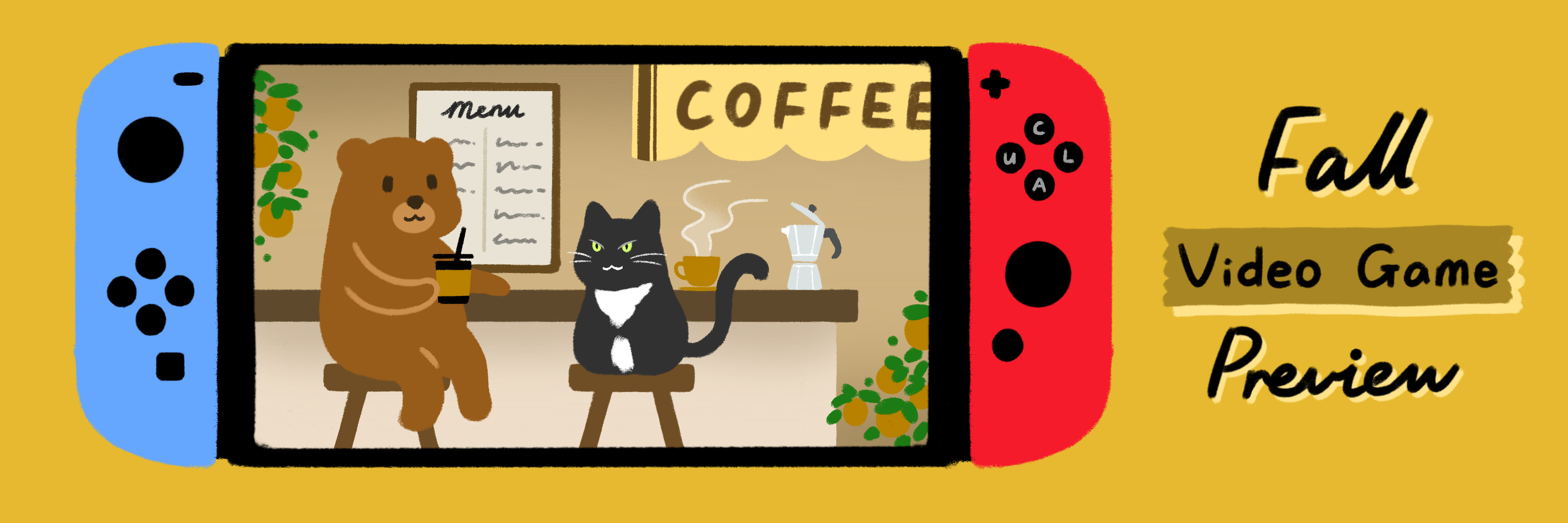Second Take: Palworld is no ‘Pal’ to fans seeking to hold The Pokemon Company accountable

(Ko Carlos/Daily Bruin staff)
By Antonio Bayucan
Feb. 17, 2024 1:22 p.m.
This post was updated Feb. 19 at 8:37 p.m.
More than Poke Balls will be thrown in the battle between Palworld and Pokemon.
Released Jan. 19 on Steam as part of the Early Access program, Palworld – a multiplayer survival and crafting game produced by the company Pocketpair – has the player traversing a sprawling open world filled with magical entities called Pals. Players can, in a style reminiscent of Pokemon, catch these creatures in special spheres and enlist them as partners during play.
[Related: Video game preview: This winter’s offerings are filled with heroes, villains and Nintendo fun]
However, Palworld doesn’t merely pay homage to Pokemon and its enduring theme of players journeying alongside an ever-expanding cast of fictional monsters. Rather, as many fans have claimed, it appears to plagiarize entire designs from this gaming franchise. Some have even circulated videos in which they create plagiarism tier lists to gauge the extent to which various Palworld designs constitute copyright infringement.
Amid these plagiarism allegations, one would expect longtime Pokemon fans to reject Palworld’s Pals and tout their loyalty to the Pikachus and iconic creature companions created by The Pokemon Company. Many, though, have not only expressed an electric excitement for Pal, but have also dismissed concerns regarding its plagiarism of Pokemon designs.
This lack of loyalty to Pokemon is not as surprising as one might expect. Across online forums, Pokemon fans have shared innumerable frustrations with The Pokemon Company over the years. Most notable among them is the company’s devotion to a role-playing game format across its core games, which forces players to abide by a rigid game design: Gamers fight Pokemon trainers to grind for experience points and defeat gym leaders at set checkpoints across a neat world map – all while confronting a slate of largely uninspired villains.
Many Pokemon fans have celebrated Palworld for distinguishing itself from Pokemon’s unchanging format, claiming its blend of combat and exploration should be the focus rather than the potentially plagiaristic designs of Pals. And this point may reflect the reality: According to IGN, Palworld has achieved shocking sales, with players buying more than 8 million copies within a few days after its drop on Steam. One Forbes article even suggests the potential for Microsoft to acquire Pocketpair, indicating its increasing reputation in the gaming industry.
It’s undeniable that The Pokemon Company and Nintendo have a habit of sacrificing creativity for corporate efficiency. For example, during Pokemon Sword and Shield, which debuted a new Pokemon generation on the Nintendo Switch, the company abandoned decades of precedent and prevented players from transferring several Pokemon from past games in an event dubbed “Dexit.” The anger over this decision and countless others perhaps explains the crux of Palworld’s success – it is a Pokemon-esque game free from The Pokemon Company’s history of disappointments.
But while Palworld’s value rises in the gaming industry, it’s the wrong game to hold The Pokemon Company accountable. An argument about the company’s failure to innovate the franchise cannot center on a game steeped in plagiarism allegations. If gamers continue to stand behind Palworld, they will cast themselves as no more credible than The Pokemon Company.
More recently, allegations of artificial intelligence usage have also cropped up in discussions around Palworld. Video game journalists have pointed to Pocketpair’s history of experimenting with AI in past games like AI: Art Imposter. While the question of Palworld’s AI use remains a matter of debate, this context demonstrates it has a history perhaps worse than The Pokemon Company’s. Recycling the same format for multiple games displays, at worst, a lack of creativity, but producing a game primarily around generated designs is an artistic sin.
If fans truly want to criticize The Pokemon Company for its neglect of creativity, they should look to the independent Pokemon artists on social media. Some of their work rivals Pokemon’s best designs, and their penchant for innovation knows no bounds. For instance, some have even focused on developing their own fan games, such as Pokemon Eternal Light and Infernal Dark – which features a region and set of Pokemon modeled after the Philippines.
In fact, according to an article from Kotaku, one fan-made game known as Pokemon Uranium experienced such dramatic success that The Pokemon Company lawyers informed the creators of potential litigation, which ultimately contributed to the shutdown of the game’s official download links. Fans who have played Pokemon Uranium can see parallels to Palworld – a successful, Pokemon-inspired game that The Pokemon Company views as a potential threat.
Unlike Palworld, though, Pokemon Uranium was a true creative endeavor. Its premise – a region where nuclear waste and meltdowns affected Pokemon – served as the foundation for compelling characters and a memorable cast of new and old Pokemon. Though it was by no means revolutionary, Pokemon Uranium expanded on features in the core games and stands today as evidence of the immense creativity of the Pokemon community.
[Related: Hua Chai explores modern identity, queerness with boundless digital media art]
The Palworld controversy is far from over, but right now, fans have a choice to make. They can either stick with Palworld as the vehicle for their anger at The Pokemon Company, or they can support their fellow artists and creators and elevate their work as evidence of the franchise’s untapped potential. The Pokemon Company also has a part to play. It can choose to rally its legal might against Palworld and ignore the justifiable complaints of its fans – just as it did with Pokemon Uranium and other fan-produced work – or listen to the community and improve the series.
The game has clearly changed, and it’s time for both parties to level up.






